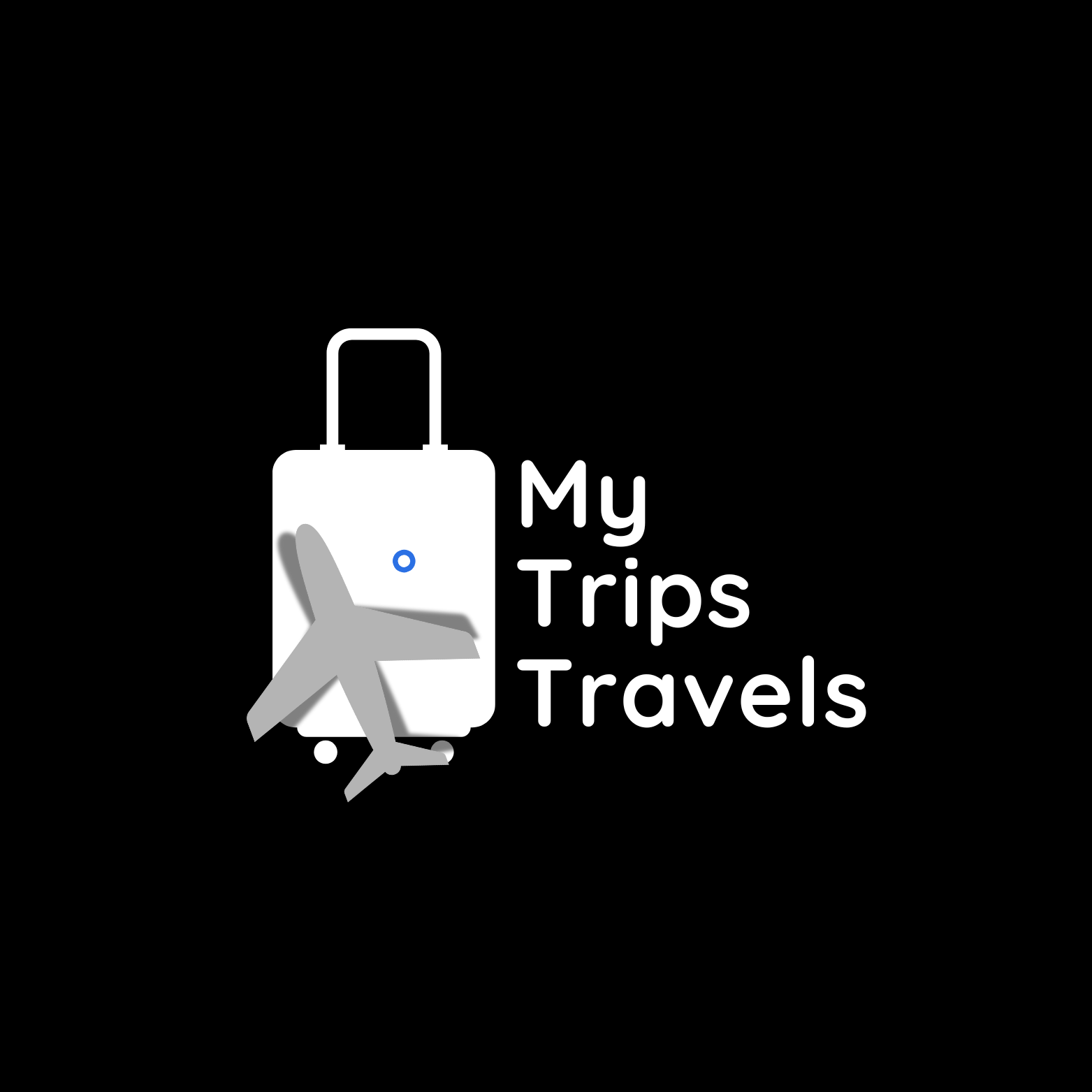How to Avoid Jet Lag Based on Your Destination’s Time Zone
Traveling across time zones can be exciting, but it often brings a frustrating challenge: jet lag. Fatigue, insomnia, and difficulty adjusting to the local time can turn your dream travel trip into a groggy experience.
Fortunately, you can take several effective steps to avoid jet lag by aligning your body clock with your destination’s time zone before and during your journey. This blog will guide you through practical strategies to reduce the effects of jet lag, helping you stay fresh and ready to enjoy your adventure.
For budget-conscious travelers, finding travel deals and airline flight offers is essential. Do your air ticket booking in advance to secure good departure times. If you need help planning, do not hesitate to Call Now and speak to agencies offering the best Customer Service.
Understand What Causes Jet Lag
Jet lag occurs when your internal body clock, also known as the circadian rhythm, is disrupted by crossing multiple time zones.
Your body expects light, sleep, and meals at the times it is used to at home, but your new environment operates on a different schedule. This mismatch leads to symptoms like daytime drowsiness, irritability, difficulty concentrating, and disturbed sleep.
Time Zone Direction Matters
Flying east often causes more severe jet lag than flying west. This is because it is harder for your body to adjust to a shorter day than to a longer one. For example, flying from New York to Paris involves moving ahead six hours, making it challenging to fall asleep earlier than your usual bedtime.
Prepare Before You Fly
To make your trip flight smoother, begin your preparation days in advance. Gradually shift your sleep and meal times to match your destination’s time zone. If you are flying east, go to bed and wake up an hour earlier each day. For westbound trips, delay your sleep schedule slightly. Exposing yourself to bright light during the morning or evening can also help your body adjust faster.
Choose the Right Flight Timing
Selecting the right flight time can support your adjustment. Try to Book Flight tickets that arrive in the early evening at your destination. Stay awake until a local bedtime and avoid naps. Staying active and in natural light during the day can help your body adapt more quickly.
In-Flight Strategies to Minimize Jet Lag
The flight itself offers a crucial opportunity to manage your adjustment.
Set Your Watch to Destination Time
As soon as you board the plane, set your watch to your destination’s time. This small step helps mentally prepare you for the time shift. Eat and sleep according to the new schedule during the flight if possible.
Stay Hydrated and Avoid Alcohol
Jet cabins are notoriously dry, and dehydration can worsen fatigue. Drink plenty of water during the flight. Avoid alcohol and caffeine as they interfere with sleep and can dehydrate your body.
Get Comfortable and Rest
If your flight overlaps with nighttime in your destination’s time zone, try to sleep on board. Use an eye mask, neck pillow, and noise-canceling headphones to improve rest quality. Even a short nap can make a difference in how you feel upon arrival.
Adjust Quickly Upon Arrival
Once you land, focus on aligning your routine with local time.
Stay Awake Until Local Bedtime
It can be tempting to sleep immediately if you arrive tired, but try to stay awake until the local evening. This will help you reset your body clock. If you must nap, keep it short—no more than 20 to 30 minutes.
Eat According to the New Time
Eating meals at local times can reinforce your new schedule. Your digestive system is part of your internal clock, and syncing meals helps recalibrate your body.
Spend Time Outdoors
Natural sunlight plays a major role in resetting your internal clock. Spend time outdoors as much as possible, especially during daylight hours. Morning light helps if you are traveling east, while evening light is better for westbound travel.
Book Smart and Travel Better
When planning your next international trip, use platforms that offer flexible options and affordable pricing. Websites like Priceline and Expedia Flights allow travelers to compare times and prices, helping you find the best options to reduce jet lag. Whether you want cheap travel or premium comfort, consider timing, seat selection, and stopovers wisely.
If you are booking through Delta Tickets or other trusted airlines, explore nonstop flights to avoid layovers that can extend your adjustment period. Some travelers find that adding a brief stop can help split long-haul flights, while others prefer direct routes to reach their time zone faster.
Final Thoughts
Jet lag does not have to ruin your international adventure. By planning ahead and adjusting your habits, you can travel across time zones with ease. Follow these tips, align your routine with your destination, and enjoy your travel trip with energy and clarity.
Whether you are booking flight tickets for business or pleasure, understanding your body and making thoughtful choices can make a big difference. Travel smarter, rest better, and explore confidently on your next journey.

